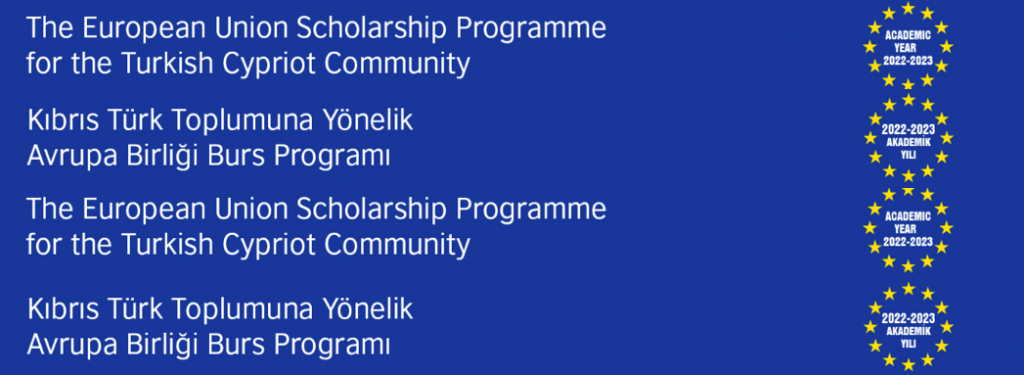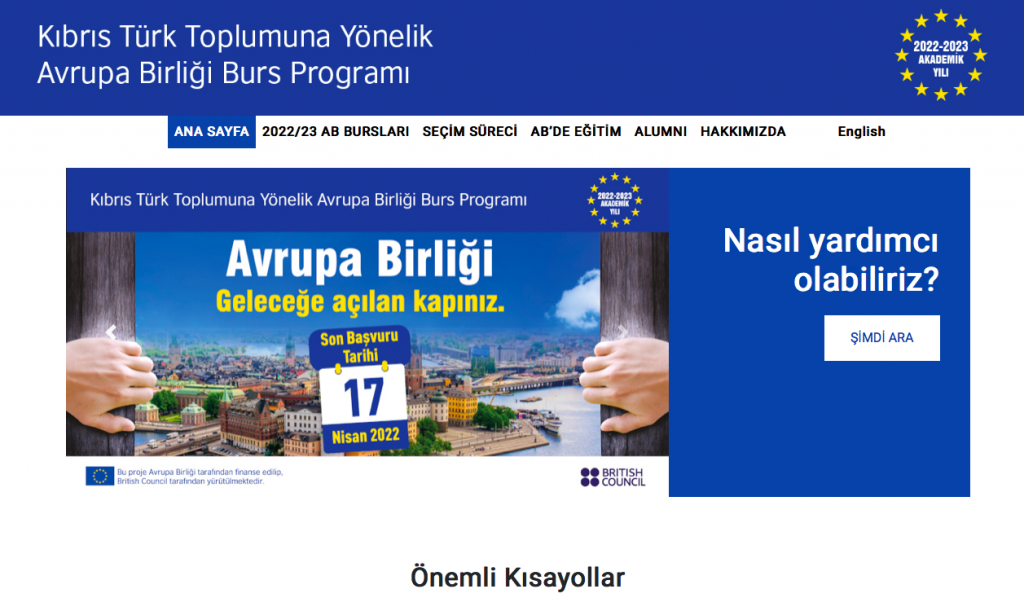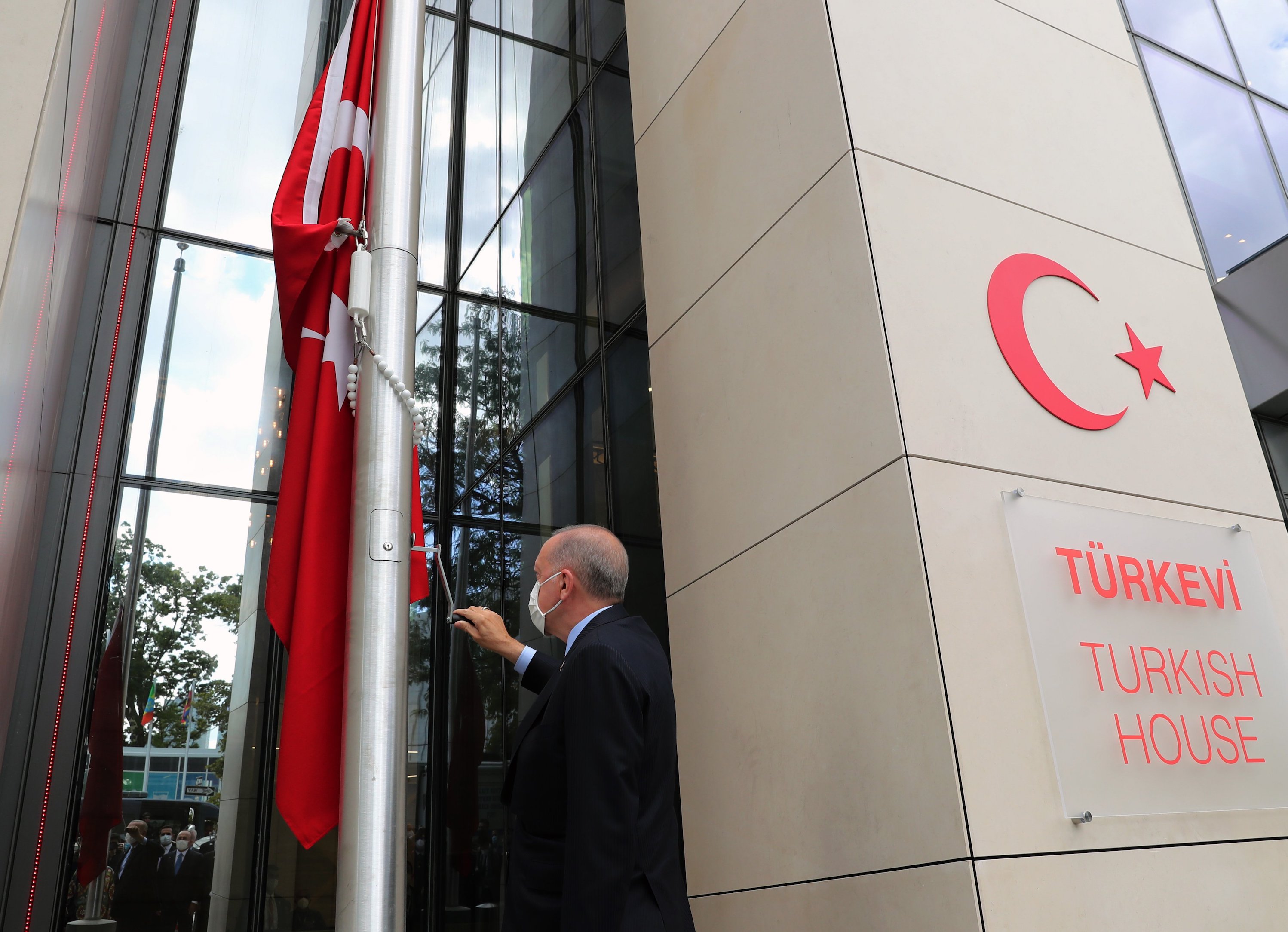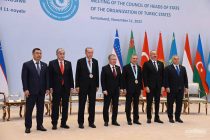A new funding initiative has been announced by the European Union to help Turkish Cypriots wanting to pursue higher and vocational education in an EU member state.
Earlier this week, the European Commission announced details of its latest scholarship programme for “the Turkish Cypriot community” for the next academic year.
The 2022/23 EU Scholarship scheme is part of the Commission’s Aid Programme for North Cyprus, and is open to Turkish Cypriot students, graduates, academics, and professionals, with grants available for up to 140 Turkish Cypriots.
There are wide range of study options to choose from, including pre-degree foundation and short term courses, such as learning an EU official language, and developing professional and vocational skills, through to undergraduate and postgraduate studies. The grants cover course fees, and also provide contributions towards international travel and living expenses.
Details of who is eligible and what kinds of courses are covered by the scholarship programme can be found on the EU scholarship portal.
EU provides scholarship information in Turkish
Interestingly, the EU website has written the details in both English and Turkish, despite the latter not being an official language of the EU. The exclusion is at the insistence of the Greek Cypriot authorities.
Under the 1960 Constitution that established the Republic of Cyprus, both Turkish and Greek are official languages of the power-sharing state, which collapsed after Greek Cypriots seized power in a coup in December 1963.
When Cyprus was admitted into the EU as a member state in 2004, the Greek Cypriot authorities deliberately left off the Turkish language as one of the island’s official languages. It forms part of a concerted effort by them to create the illusion that Cyprus is ‘Hellenic’, and that Turkish Cypriots are just a minority.
The EU broke its own rules to admit a divided country into the bloc in 2004. It has continued to implement flawed policies on Cyprus ever since, primarily as a result of its decision to only recognise the Greek Cypriot side, despite them rejecting the United Nations-backed Annan Plan to unite the island.
As a result, the EU routinely and systematically discriminates against its Turkish Cypriot citizens at the whim of South Cyprus, which has blocked many important initiatives by the EU, including the Direct Trade Regulation with North Cyprus. The end result has made Turkish Cypriots more dependent on Turkey.
The EU’s educational grants aims to try to thwart this dependency by enabling Turkish Cypriots to enjoy some EU benefits directly.
On its scholarship portal, it states that as part of the EU’s “objective of bringing the Turkish Cypriot community closer to the European Union, the European Commission will fund scholarship grants to Turkish Cypriot students, graduates, and professionals in the northern part of Cyprus, in order to [1.] offer them additional educational opportunities by raising their knowledge and/or increasing their skills in a specific field, [and, 2.] broaden their experience of studying and working in the European Union, thus bringing them closer to the European Union.”
The EU’s Scholarship Programme was first introduced in 2007. To date, some 1,800 Turkish Cypriots have received financial aid to advance their knowledge in 30 different professional areas and study one of 80 different academic subjects.
Politically, the EU remains committed to reunifying the island of Cyprus.
Applications for the EU 2022/23 Scholarship will be accepted until at 23:59 (Cyprus time) on 17 April 2022.






